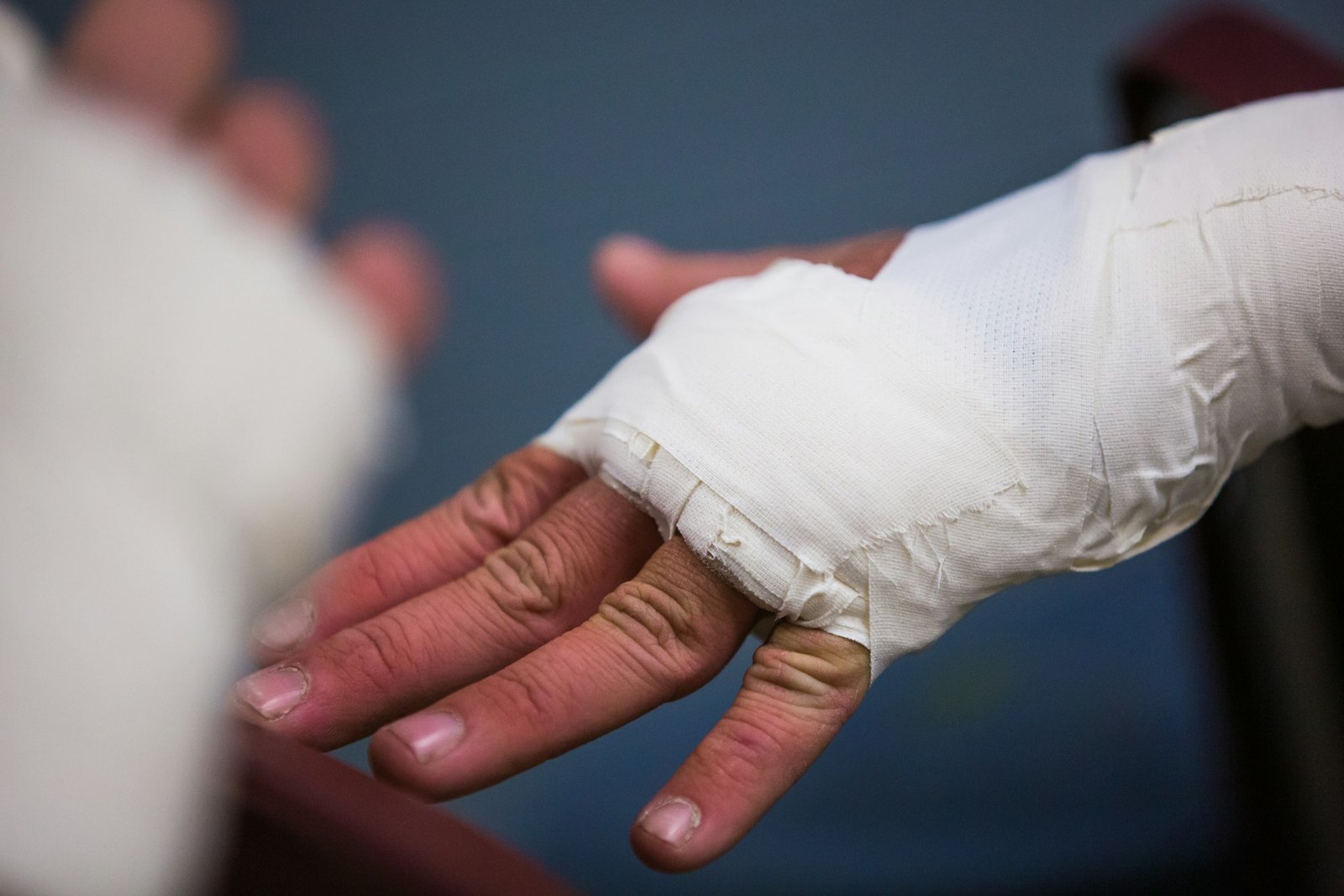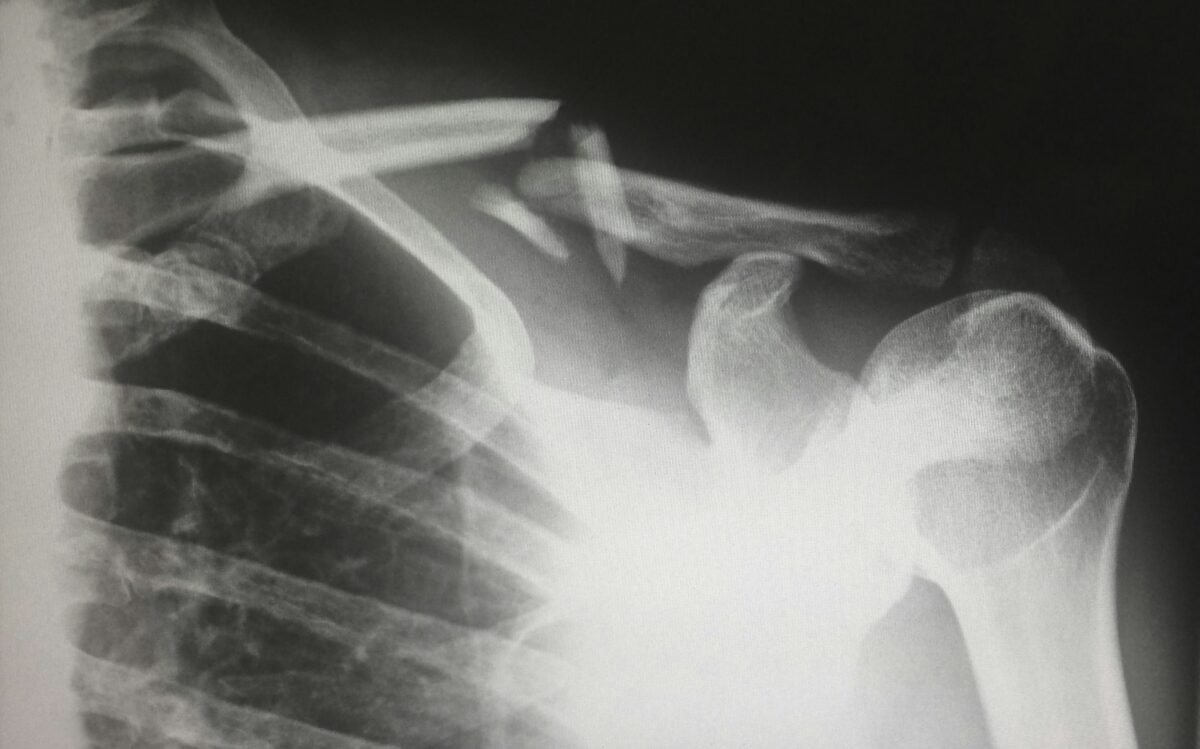Getting hurt is awful. That moment everything goes sideways, the fall, the crash, the impact, and yeah, it sticks in the brain like glue. But strangely enough, it’s not always the accident itself that causes the most trouble.
No one wants to deal with a personal injury case, victim or not, but it happens, and it’s just a part of life. Actually, it’s what happens after. Just think about it; those small decisions in the hours, days, and even weeks that follow? Well, that’s where things can unravel fast.
Now, sure, people mean well. They’re trying to push through the pain or not make a big deal out of it. But that’s the thing, some of the worst post-injury mistakes don’t feel like mistakes at all until they come back to bite. Yes, you read that right!
Things People Do After an Injury that Make Everything Worse
Okay, so you’d think that not much would happen, right? You just look into settling this in court, and in the meanwhile, keep loved ones updated online, right? Well, it doesn’t work that way. Actually, that’s just one example, but there are a lot of things, well, mistakes people sometimes make that can make the whole entire situation a lot worse.
Posting About the Injury Online
It’s tempting. Something dramatic happens, and the first instinct is to post it. Maybe it’s a picture of the damage, a quick rant, or a cheeky caption about surviving a near-death experience. Then the likes start rolling in. The comments are supportive. It feels good to vent.
But here’s the thing, insurance companies and defense attorneys absolutely check social media. They look for anything that makes an injury look less serious. A photo smiling at brunch a few days later? Suddenly, it’s “proof” that things couldn’t have been that bad. A post about how frustrating physical therapy is? It might get twisted into a suggestion that recovery isn’t going well.
Sure, privacy settings help, but screenshots travel fast. What seemed like harmless oversharing can turn into a liability.
Ignoring Medical Advice
There’s a weird thing people do where they downplay their own pain. They want to tough it out, get back to work, and act like everything’s fine. But skipping follow-ups, ignoring treatment plans, or deciding that rest isn’t really necessary? That’s a recipe for complications.
Healing properly means listening to medical professionals. Not just for health reasons, although that should be enough, but because the paper trail matters. It shows the injury was taken seriously. No doctor visits or inconsistent treatment make it easier for the other side to argue that things couldn’t have been too bad. Besides, it’s not about pretending to be worse off than reality. It’s about actually doing what’s needed to recover and having the records to back it up.

Downplaying the Emotional Side of It
Not all injuries are visible. You have anxiety, depression, and fear, these don’t show up on X-rays. But they’re real. And they can affect everything from sleep to work to relationships.
People often brush off the emotional toll like it’s nothing. They feel embarrassed to talk about it or think it’s not “serious enough.” But mental health matters in a personal injury claim. Pain isn’t just physical. You really need to understand that struggling emotionally is part of the aftermath, and acknowledging it is part of the healing process. The moment it gets ignored or hidden is the moment it becomes harder to address or claim support for later.
Rushing into a Settlement
The bills start piling up, time off work drags on, and suddenly there’s a check on the table. It feels like relief. But quick settlements often come with strings. Once accepted, that’s it, no, really, there’s no going back. Even if more complications show up later. Even if it turns out the injury was worse than expected. It’s easy to take the money just to make things go away. But that decision needs to be made with all the facts, not just based on stress or impatience.
So, this is where a personal injury lawyer can make a huge difference (and in a very bad case, you’ll definitely need one). Just think about it; not by dragging things out, but by making sure nothing’s missed. They know what red flags to look for and what a fair settlement actually looks like. But really, that peace of mind isn’t just helpful, it’s necessary when everything feels uncertain. Seriously, it can’t be stressed enough how important this is!
Keeping Quiet About the Full Impact
Some people hold back because they don’t want to seem like they’re complaining. Others don’t even realize how much the injury has affected their life until months later. Maybe the pain keeps flaring up. Maybe driving feels scary now. Maybe something simple, like picking up a child or standing too long, feels completely different.
So, if this stuff isn’t talked about early, it often doesn’t get included in the bigger picture. Well, that’s a missed opportunity. Not because anyone’s trying to exaggerate, but because full transparency helps paint the full story. So, just pretending it’s all fine when it isn’t doesn’t make it true. It just makes things harder.

Why You Should Think Twice Before Talking About Your Injury Online
This was already mentioned earlier, but other than mentioning that screenshots travel fast, well, there’s way more than that. No, really, there is! So, it starts innocently. Maybe something like a quick photo of the bandaged leg, a frustrated rant about someone’s reckless driving, or a TikTok explaining the whole injury from start to finish, complete with dramatic reenactments. The post gets sympathy, attention, maybe even a few shared horror stories in the comments.
Well, yeah, other than venting and sympathy, you can count on this getting messy way too fast. Well, oversharing online after an injury might feel like venting or just keeping friends in the loop, but it can also quietly work against the very thing people are trying to protect: the chance to recover fully, mentally, physically, and yes, legally.
The Internet Doesn’t Forget, and Neither Do Insurers
Social media moves fast. What’s posted today might feel irrelevant tomorrow. But those photos, captions, hashtags, and casual status updates? They don’t just disappear. Insurance companies have people whose whole job is to dig through posts, photos, and tagged content to find anything that doesn’t match the story being told in a claim. Said you couldn’t walk without pain but shared a selfie from the park? That’s now evidence.
Complained about your back on day one but looked totally fine at a barbecue the next week? Well, that’s now a question mark in someone’s file. Even if the post was meant to be lighthearted or sarcastic, tone doesn’t always translate online. What seems like harmless content can be taken at face value and twisted to fit another narrative.
It’s scary, but yeah, this stuff is real!
Public Posts Can Create Private Problems
It’s not just insurers snooping around. Sometimes, the person or company on the other side of the injury is watching too. If someone’s being blamed for the accident, like a business with a slippery floor or a driver who ran a red light, they’re definitely paying attention to what’s being said online. Actually, calling them out, accusing them publicly, or tagging them in a rant may feel justified. But it opens the door to defamation claims, damaged credibility, or unnecessary legal drama. It also gives the defense more ammo if things go to court.
Just think about it like this: they’ll comb through every post, looking for anything that sounds inconsistent, exaggerated, or unfair. And all of a sudden, one emotional status update can end up costing more than expected. Yeah, this can happen to you!
Even Private Accounts aren’t that Private
Sure, it was mentioned earlier, but this does need to be mentioned again! So, it’s easy to think locking an account or adjusting privacy settings offers protection. In reality, those settings don’t always hold up under legal pressure. Courts have been known to grant access to private content if it’s relevant to a case. That means posts, photos, and messages assumed to be “just for friends” could end up on someone’s legal desk.
Then there’s the friend-of-a-friend problem. Even if a profile’s locked down, someone else could share a post, tag the injured person, or screenshot content and send it around. Once that information is out there, control over it is gone. You can’t trust everyone on your socials, really, you can’t!
Why Saying Less is Almost Always the Better Option
Okay, so there’s nothing wrong with wanting support. Getting injured can be overwhelming, frustrating, and isolating. But talking about it online can do more harm than good, especially when emotions are high and the full story hasn’t settled yet. Now, it’s not just about avoiding legal issues.
It’s also about not locking into a version of the story too early. Sometimes the injury gets worse. Sometimes it’s not clear how long recovery will take. But rushing to tell the world what happened can make it harder to adjust the details later, even when new information comes in.
But really, there’s also something valuable in keeping the focus on healing, not on likes and shares. And yeah, recovery isn’t a public performance, and it doesn’t need to be documented play-by-play.






